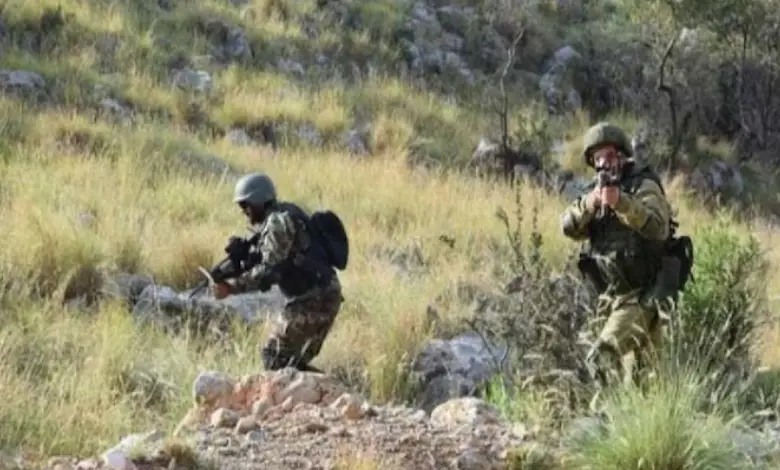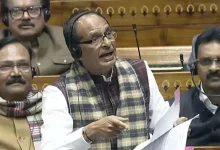Historic Ceasefire Bid: Maoists Halt Guns for Peace Dialogue with Delhi

Raipur – In a surprising turn amid decades of insurgency, the banned Communist Party of India (Maoist) has declared a one-month pause in its armed campaign, extending an olive branch to the Indian government for structured negotiations.
The group’s central committee spokesperson, known as Abhay, issued the two-page communique on Tuesday, backdated to August 15, 2025, but delayed in release due to unspecified logistical hurdles. This marks the first nationwide formal ceasefire announcement from the outfit, pivoting from confrontation to what it terms “mass struggles” to champion the rights of India’s marginalized communities, including laborers, Dalits, Adivasis, women, and minorities.
The statement, disseminated in Chhattisgarh’s volatile Bastar region, attributes the shift to evolving domestic and international dynamics, alongside persistent calls from national leaders. It specifically nods to entreaties by Prime Minister Narendra Modi and Home Minister Amit Shah for insurgents to reintegrate into mainstream society. Abhay’s missive, accompanied by the spokesperson’s photograph a departure from past anonymity includes contact details like an email address and a Facebook page. These channels invite input from jailed senior cadres nationwide and urge the government to publicize its stance through official media, internet portals, and state-run broadcasters to reach remote operatives without online access.
Since late March 2025, the Maoists assert they have pursued earnest overtures for dialogue. On May 10, former General Secretary Basavaraju killed alongside 28 associates in a May 21 clash in Chhattisgarh’s Marh area proposed the initial 30-day truce for internal deliberations on disarmament. The group accuses New Delhi of rebuffing these gestures, instead escalating “encirclement and suppression” tactics launched in January 2024, which involved surging thousands of security personnel into red strongholds.
Undeterred by the loss of Basavaraju, the Maoists frame this as a seamless continuation of his legacy. They pledge to stand in solidarity with political parties and protest movements on civic matters, while expressing openness to preliminary video discussions with the Union Home Minister or his appointees. In exchange, they demand a reciprocal government ceasefire declaration, a halt to search-and-destroy missions, and a 30-day window for cadre consultations across states and prisons.
Chhattisgarh Deputy Chief Minister and Home Minister Vijay Sharma, tempered optimism with caution. “We must first authenticate the document its style, the included image, and the email all seem novel,” he said. Dismissing the term “ceasefire” as inapposite “There’s no declared war here warranting one” Sharma critiqued the “conditional” framework as antithetical to democratic norms, echoing prior Maoist preconditions. He highlighted post-August 15 incidents, including civilian killings and improvised explosive devices that wounded security forces, as evidence of insincerity.
Sharma advocated surrender under the state’s rehabilitation scheme as the optimal path, allowing ex-rebels to contribute politically or otherwise to national progress.
This April, the Maoists had floated a localized truce amid a “conducive environment,” but the current overture elevates it to a pan-India scale. The release implores human rights advocates, intellectuals, writers, artists, and peace advocates to rally behind the initiative despite the “arduous choices” involved. “Aid us in converting these blood-drenched woods into realms of harmony,” it beseeches, sharing outreach tools for broader endorsement.
As verification proceeds and internal government deliberations loom, this gambit tests the fragile contours of conflict resolution in India’s heartland, where Maoist violence has claimed thousands over two decades.




